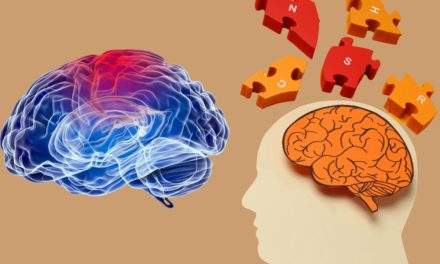Introduction:
High blood sugar, also known as hyperglycemia, is a common condition that affects millions of people worldwide. It occurs when the body’s blood glucose levels rise above the normal range. Recognizing the symptoms of high blood sugar is important for people with diabetes as well as those who are at risk of developing the condition. The purpose of this blog article is to shed light on the obvious symptoms of high blood sugar and provide valuable insight into the management and prevention of this condition.
1. Increased thirst and frequent urination:
One of the early symptoms of high blood sugar is excessive thirst, known as polydipsia. When blood sugar levels are high, the body tries to eliminate excess glucose through urine, which increases urine output. As a result, individuals may experience frequent urination (polyuria), often waking up several times a night to use the bathroom.
2. Constant fatigue and weakness:
High blood sugar levels can cause fatigue and weakness because the body cannot efficiently use glucose for energy. When glucose does not enter cells properly, the body may lack energy, resulting in feelings of fatigue and weakness even after adequate rest.
3. Increased appetite and unexplained weight loss:
Despite eating regularly, people with high blood sugar may experience increased hunger (polyphagia) because the body’s cells are unable to access the glucose they need. This can lead to weight loss, as the body begins to break down fat and muscle tissue to make up for the lack of glucose.
4. Blurred vision and slow healing:
Elevated blood sugar levels can affect the lens of the eye, causing temporary changes in vision. Fluid removal from tissues, including the lens of the eye, can result in blurred vision. Additionally, high blood sugar can impair the body’s ability to effectively heal wounds, leading to delayed healing and increased susceptibility to infection.
5. Dry mouth and skin problems:
Dry mouth (xerostomia) is a common symptom of high blood sugar, often accompanied by a sticky or cottony feeling in the mouth. Additionally, elevated blood sugar levels can cause dry, itchy skin and increase the risk of skin infections.
6. Nerve damage and tingling sensations:
Long-term high blood sugar can damage the body’s nerves, causing a condition called diabetic neuropathy. This can result in tingling or numbness in the hands, feet, or other limbs.
Result:
Recognizing the symptoms of high blood sugar is important for timely intervention and management. If you consistently experience any of the above symptoms, it is very important to consult a health care professional for a thorough evaluation and diagnosis. Maintaining a healthy lifestyle, eating a balanced diet, engaging in regular physical activity, and managing stress levels can significantly help prevent high blood sugar and its associated complications. Remember, knowledge is power, and understanding the symptoms of high blood sugar empowers individuals to take control of their health and wellness.










